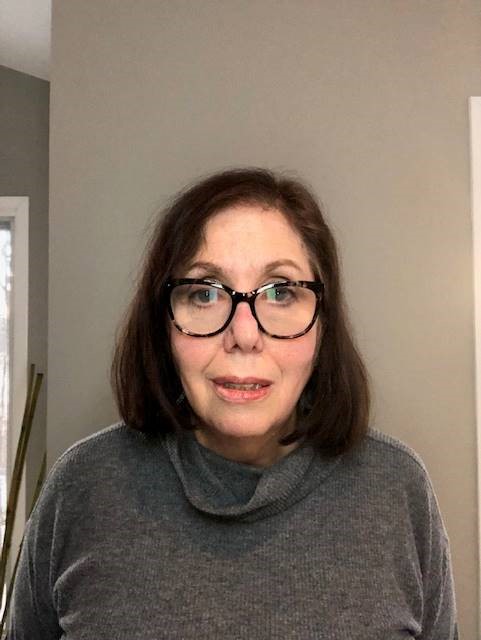
There are times I have ideas that are contrary to the majority opinion. Within the confines of my mind, I ponder what could be a plausible strategy at best, an idea worthy of discussion at the very least. Yet sometimes I hesitate and stay silent. I second guess my thought process. I consciously choose the comfort and safety of aligning with the status quo or the majority. For that moment, fear overtakes wisdom.
I recalled these moments of hesitancy and fear as I read this week’s parashah, Sh'lach L’cha. Would I have had the courage of Caleb and Joshua, or would I have lost my self-confidence and succumbed to my fears as did the 10 spies who were afraid to enter Canaan even with evidence that this was the place God promised they could thrive and grow?
When the leaders of each of the tribes returned after 40 days of scouting, they carried a huge cluster of grapes, a pomegranate, and a fig, to report on a lush and bountiful land. Yet with only two exceptions, they reported “…the people who inhabit the country are powerful, and the cities are fortified and exceptionally large… The country that we traversed and scouted is one that devours its settlers. All the people we saw in it are of great size [like giants]… We looked like grasshoppers.” (Numbers 13:28-33).
The Israelites followed and cried out to return back to the false security and hard conditions of slavery in Egypt rather than take a road that would lead to the Promised Land because it was difficult and required some sacrifice. As extreme as their choice appears, it does illustrate how fear and lack of self-confidence inhibit us from moving forward. Not only for ourselves but in our ability to contribute to our community.
Do we have an obligation to share our thoughts even if doing so is uncomfortable? I believe we do if we are leaders in our communities. I believe that a good leader is always evaluating how things can be improved, and then rallies people to move toward that better vision. A good leader puts their community first and goes beyond their own fears and self-esteem. Even though the 12 spies sent out by Moses to scout the land of Canaan were leaders of their tribes, only Caleb and Joshua were brave enough to see that in spite of inherent dangers and most certainly some sacrifice, that inhabiting these fertile lands was what was needed so that the Israelites could flourish. And while Caleb and Joshua were helped with that decision by placing their trust in God, don’t we all have the ability to place trust in our education, experience, and our Judaism when we formulate ideas, make suggestions, or even disagree with conventional wisdom?
As Maggie Kuhn famously said, “Speak your mind even if your voice shakes.” Let us be brave enough to use our voices to amplify new ideas, nourish possibilities, and cultivate change so that we can all reach a better place.
Andrea Stillman is an at-large member of the WRJ Executive Committee, WRJ Dues Connection Chair, 1st VP of the WRJ Mid-Atlantic District, and member of the Reform Movement Commission on Social Action. An active member of Temple Rodef Shalom in Fall Church, Virginia’s board, she is the DEI Task Force Chair and as past president of her sisterhood (Women of Temple Rodef Shalom) serves as Advocacy Chair. In her spare time, she is helping her daughter plan her wedding and trying to understand the intricacies of Pokemon with her young grandsons.
Related Posts

Continuing to Educate and Empower People Together

My Challah-Making Experience


